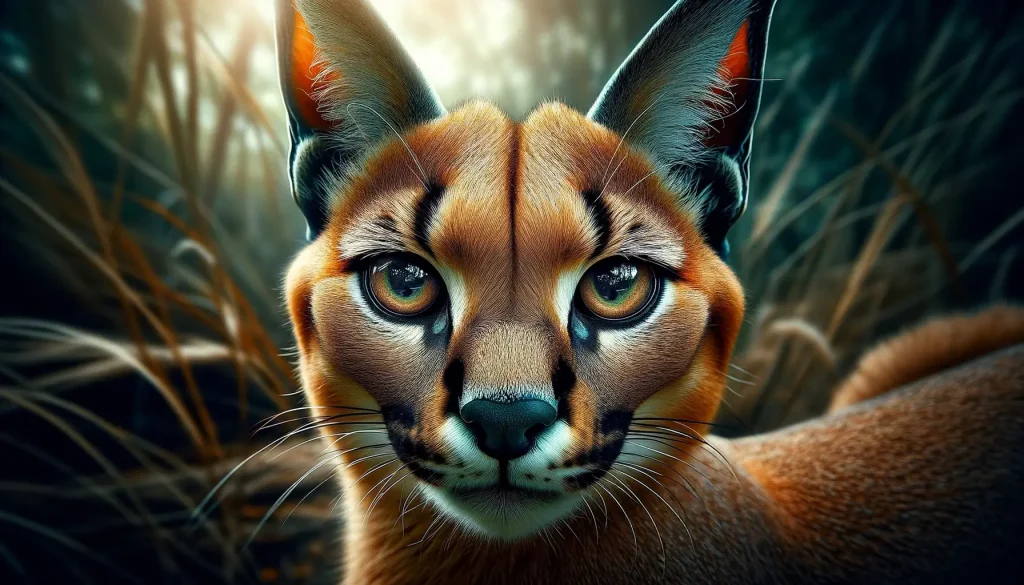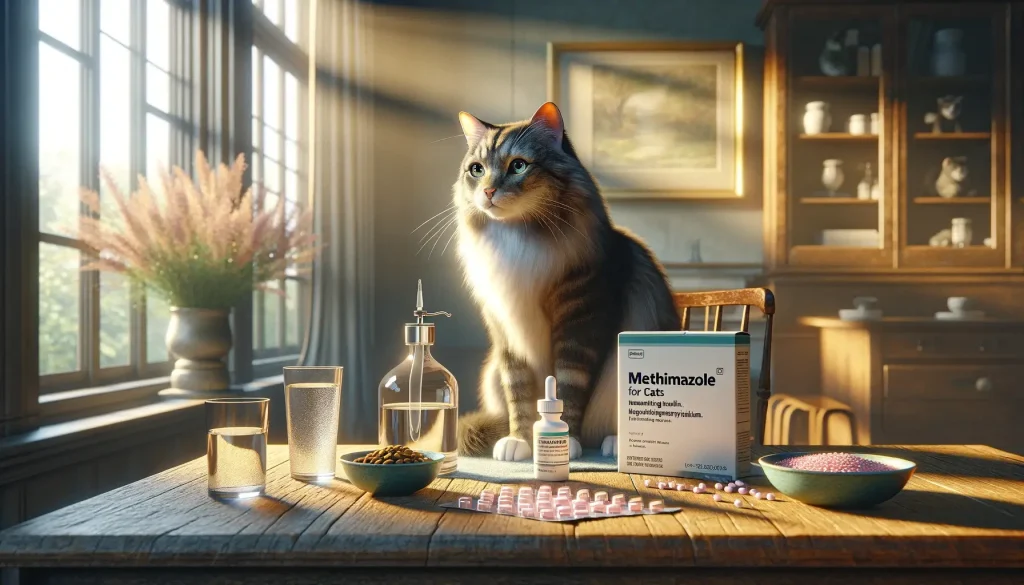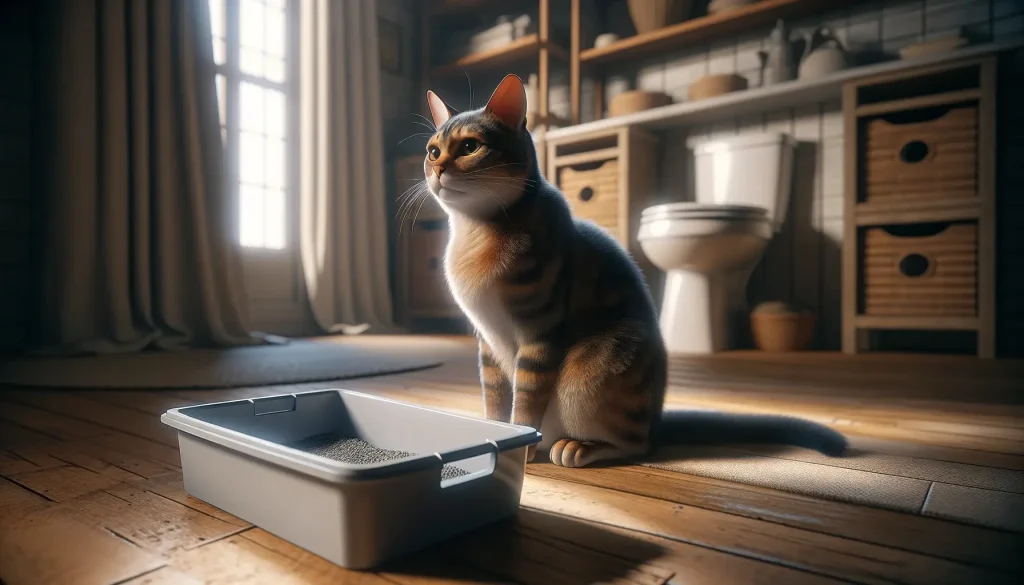
Think Before Considering Caracals as Pets
Many people are drawn to the exotic beauty and allure of caracals, thinking they may make unique and interesting pets. However, opting for a caracal as a household pet is not as straightforward as one might think. Unlike common domestic animals, caracals are wild by nature and possess characteristics and needs that are vastly different from those of a typical house cat. Their specific environmental and dietary needs are challenging to meet in a domestic setting. Additionally, being strong and agile predators, caracals present potential dangers that differ significantly from the risks associated with traditional pets.
Experts and experienced exotic animal handlers alike stress the importance of understanding what owning a caracal entails. Despite their captivating appearance, these animals are not suited for a domestic environment for several reasons:
- Caracals have complex dietary and environmental requirements that are difficult to replicate at home.
- Their natural predatory instincts can pose safety risks to humans and other pets.
- Caracals are territorial and may exhibit aggressive behavior, which can make them challenging to manage.
- Owning an exotic animal like a caracal often involves obtaining special permits, undergoing extensive training, and committing to a lifetime of dedicated care.
Wildlife experts and those with firsthand experience caring for these animals advise against keeping caracals as pets. The table below highlights key viewpoints shared by experts and exotic pet owners:
| Expert Opinion | Exotic Pet Owner Insight |
|---|---|
| Caracals are wild animals, not suitable as pets. | Requires over 1000 hours of training and a lifetime commitment. |
| Strong and agile predators, posing safety risks. | Not the type of animal to be left in a house alone. |
| Specific environmental and dietary needs are difficult to meet. | Life becomes dedicated to the animal’s wellbeing. |

Legal and Ethical Implications of Caracal Ownership
Owning a caracal comes with significant legal and ethical considerations. Due to their wild nature, the possession of caracals as pets is regulated by strict laws in many regions. This means potential owners must navigate a complex web of permits and regulations before even considering bringing a caracal into their home. Moreover, the ethical aspect of keeping a wild animal in a domestic setting cannot be overlooked. Advocates for animal rights argue that the needs of caracals, as wild animals, can never be fully met in a household environment.
Here are key points to consider regarding the legality and ethics of owning a caracal:
- Legal restrictions vary widely by location, with some places outright banning the ownership of wild animals as pets.
- Obtaining a permit to own a caracal often requires proving that you have the necessary knowledge and resources to care for a wild animal appropriately.
- Even if legally allowed, the ethical debate surrounding the keeping of wild animals as pets questions whether their complex needs can be satisfied in a domestic environment.
- The well-being and quality of life of the caracal must take precedence, acknowledging their inherent need to roam, hunt, and live as they would in the wild.
Expert viewpoints and laws emphasize the heavy responsibilities and moral considerations involved in owning a caracal. They highlight the difference between wild animals and domestic pets, stressing the importance of respecting the natural behaviors and needs of these majestic creatures.

| Legal Perspective | Ethical Consideration |
|---|---|
| Ownership may be illegal without specific permits. | Concerns over whether domestic settings can meet a caracal’s needs. |
| Required qualifications to ensure proper care and management. | Moral implications of keeping wild animals for companionship. |
| Rigorous process to obtain permits highlighting the complexity of care. | Impact on the caracal’s well-being and quality of life. |
The Cost of Caracal Ownership
Owning a caracal is a challenge that goes beyond its initial allure. These creatures, while majestic and fascinating, come with a host of responsibilities and requirements that are not meant for the faint-hearted. It’s not just about their wild beauty; it’s about understanding the full scope of what it means to keep such an animal in your home.
Here are critical aspects every potential caracal owner must consider:
- Caracals are not your average pets. Unlike domestic cats, they have specific environmental and dietary needs that are hard to fulfill in a conventional home setting.
- Being strong and agile predators, caracals possess natural instincts that can pose significant safety risks to humans and other pets.
- Caracals require a lifetime of dedicated care, including obtaining the necessary permits and undergoing specialized training.
- Their territorial and potentially aggressive behavior makes them a challenging companion, unlike more domesticated animals.
From a practical standpoint, the realities of caracal ownership extend beyond their care. As wild animals, caracals are territorial, messy, and can exhibit aggressive behavior, traits not typically desired in a household pet. The idyllic image of a peaceful coexistence with a caracal does not align with the reality of their nature.


Caracal Ownership Challenges
Owning a caracal requires an understanding that these are not regular pets. Insights from those with firsthand experience shed light on the realities of having a caracal as part of your household. These animals are not only stunning but also embody the essence of the wild, making them challenging and potentially dangerous companions.
Exotic pet ownership, especially when it involves a formidable predator such as a caracal, is a lifelong endeavor. It’s not simply about the allure of living with a beautiful, wild animal. It’s about a commitment that drastically alters your lifestyle to cater to the animal’s needs.
The advice from wildlife experts and seasoned exotic pet owners is clear: the legal ability to own a caracal does not translate to practicality or safety. While some individuals may navigate the complexities of caracal ownership successfully, they represent a minuscule fraction of the population.
In light of these considerations, those enchanted by the unique charm of caracals are encouraged to seek alternative ways to engage with these animals. Supporting wildlife conservation initiatives or visiting accredited sanctuaries offers a means to appreciate caracals without the risks and ethical dilemmas inherent in private ownership.
Beginner Guide to Raising Quail at Home
What are the Signs of a Dog Concussion?
What Causes Your Dog’s Ears to Smell Bad?
When your dog’s ears start to emit an unpleasant odor, it might leave you puzzled…
Methimazole Treatment for Cat Hyperthyroidism
Methimazole plays a crucial role in managing feline hyperthyroidism, a condition marked by an overactive…
Got Hummingbirds in your Backyard? Here’s How to Care for Them.
Why Does Your Cat Pee Outside the Litter Box?
Cat’s Litter Box Issues It’s not uncommon for cat owners to face the frustrating dilemma…




